Children are exposed toeducation earlier and earlier.
Nowadays, the journey of raising children does not stop at just hoping that their children will have a full education, a degree and a stable job, but most parents have asked a bigger question: How can children be themselves, know how to think independently, live firmly and happily?
This shift in values has changed the way parents approach education. They do not wait until their children start school to start accompanying them, but proactively prepare very early, through activities such as talking, playing with their children, etc.
According to Professor Richard M. Lerner (Harvard University), before the age of 6, a child’s brain has developed to 90% compared to an adult’s. This is the “golden stage” for forming the foundations of thinking, emotion and personality – important factors that determine the ability to learn and develop later.
Therefore, early education does not mean “teaching in advance”, but rather creating an interactive environment for children to observe, imagine, ask questions and connect with the world in their own way.

Modern parents focus on spending quality time and unleashing their children's potential.
Don't just look at “academic intelligence”
In the process of accompanying their children, many parents feel worried when their children are not good at reading, not interested in numbers or do not show "outstanding" like other children. However, each child has a unique thinking tendency - it just has not been recognized and developed properly.
Professor Howard Gardner's Theory of Multiple Intelligences (Harvard University) has shown that each person has at least 8 different types of intelligence, from language, logic, space to music , movement, inner self, etc. That means, each child has their own potential to develop, as long as it is discovered and nurtured properly.
Although each child has different strengths, thinking ability is still a common foundation that needs to be nurtured early. This is a key group of skills that helps children analyze, connect, solve problems and adapt in a volatile world.
7 groups of questions to help parents identify their children's strengths
Understanding how your child thinks is the first step to nurturing confidence and creating a solid foundation for a lifelong learning journey.
Education experts recommend that parents can observe and ask themselves (or their children) the following 7 groups of questions to gradually identify:
1. Does your child often ask “why” questions, is interested in games with rules, and understands the rules quickly? (Logical thinking)
2. Do you know how to express what you want, use rich vocabulary, remember song lyrics easily, and like to tell stories? (Linguistic thinking)
3. Do you often try new things, like to draw or are interested in images, or do you often imagine and compare? (Creative thinking)
4. Does your child enjoy puzzles, has good orientation when moving, and recognizes differences in pictures/objects? (Spatial pattern thinking)
5. Can you connect events, group things that have something in common, and come up with general “rules”? Do you like to classify objects according to certain criteria? (Generalizing Thinking)
6. Does your child love counting, recognizing order, more – less? (Computational thinking)
7. Are you able to detect abnormalities, react calmly to problems, and persevere in doing things to the end? (Problem-solving thinking).

Viokids accompanies your baby.
When technology accompanies parents
Parents can also easily identify their children's outstanding thinking abilities by letting them interact with game activities on the VioKids application.
This platform was developed by FPT Corporation, systematizing the "exercises" according to 7 groups of thinking abilities. Through familiar game activities and life contexts, VioKids not only helps children practice thinking every day, but also supports parents in observing, monitoring and identifying their children's strengths - points that need to be cultivated.
In addition, VioKids also guides parents in activities that are suitable for their children's inclinations so that parents can continue to practice with their children in life, such as: classifying vegetables; counting the number of dishes in a meal; finding the letter B on the packaging;...
Not following the beaten path of teaching the program in advance, with animated contexts close to the lives of Vietnamese children, VioKids focuses on building a foundation, strengthening the basic thinking of 3-6 year old children, nurturing humanistic emotions, thereby contributing to the formation of good character and confidence for children entering first grade.
See more about VioKids here: https://www.viokids.vn/
Source: https://vtcnews.vn/7-small-signs-to-help-cha-me-look-out-for-your-child's-large-mindset-ar952018.html







![[Photo] Standing member of the Secretariat Tran Cam Tu chaired a meeting with Party committees, offices, Party committees, agencies and Central organizations.](https://vphoto.vietnam.vn/thumb/1200x675/vietnam/resource/IMAGE/2025/7/1/b8922706fa384bbdadd4513b68879951)
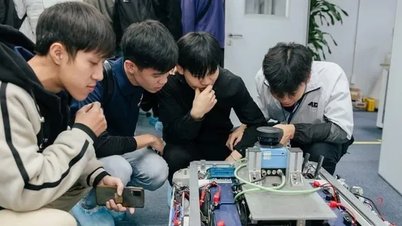




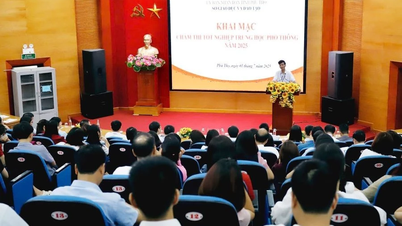

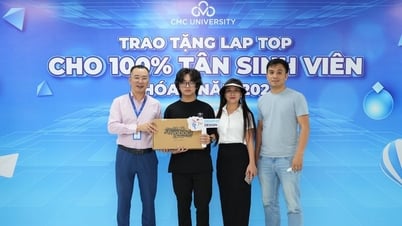
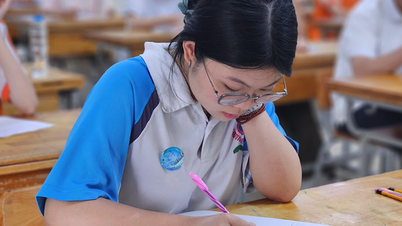



























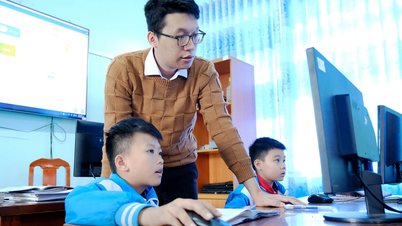
















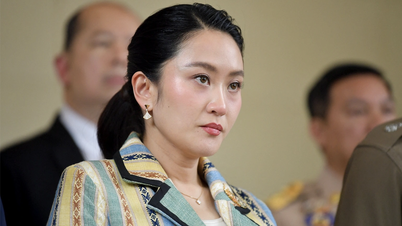

















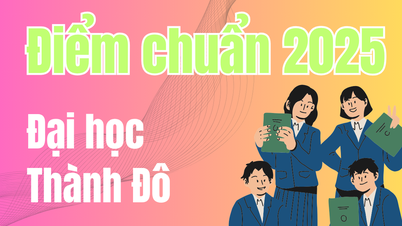



















Comment (0)